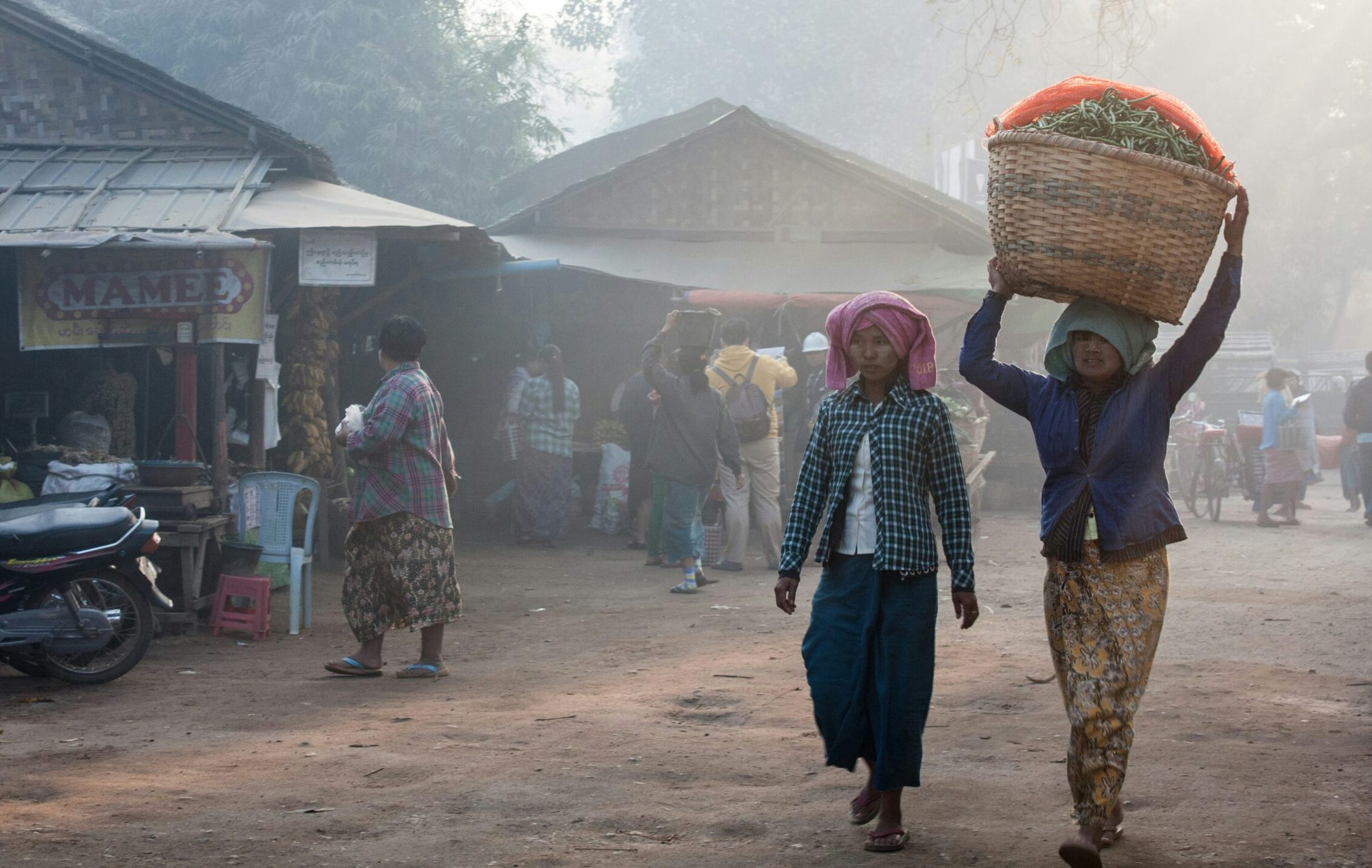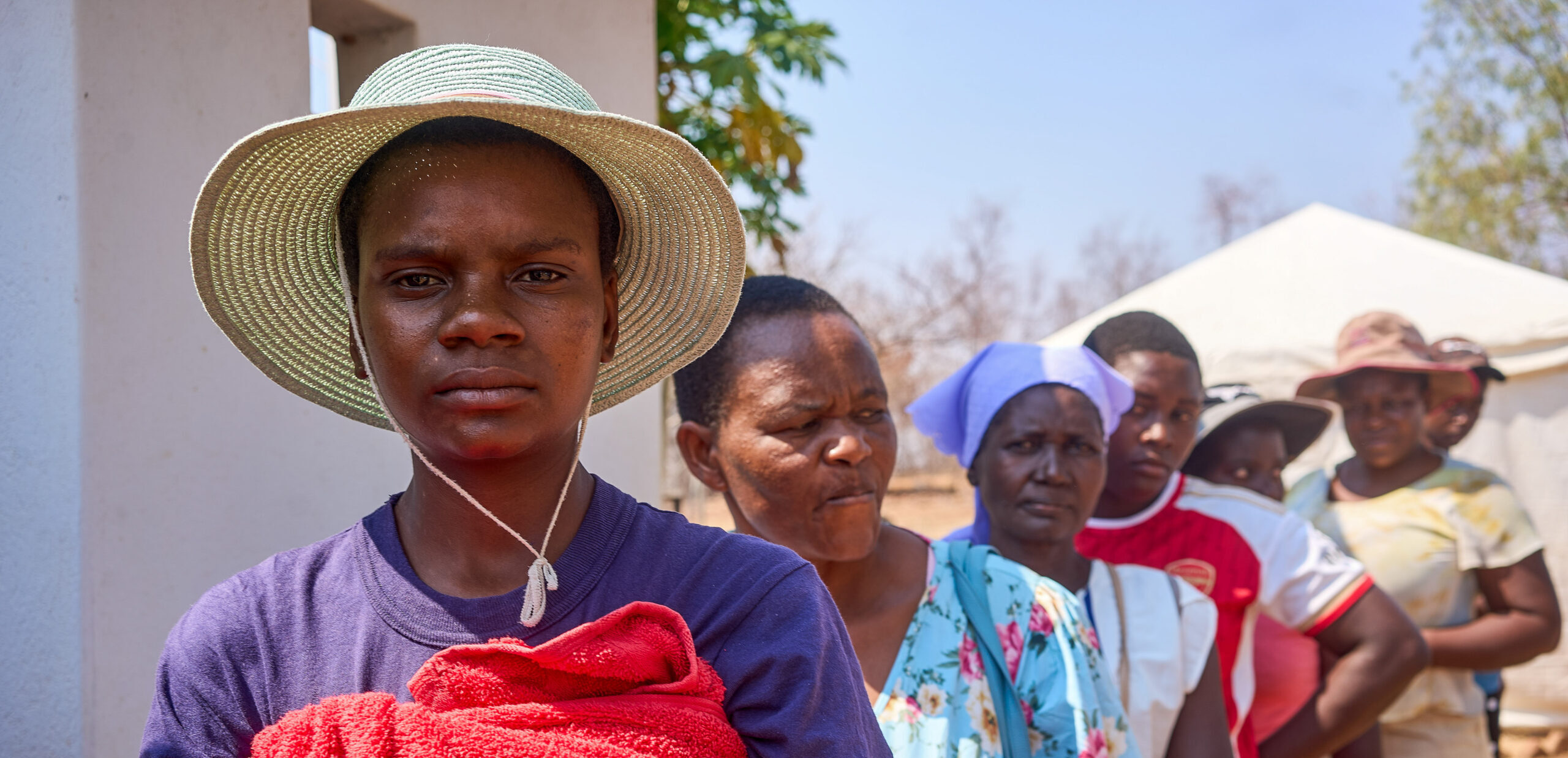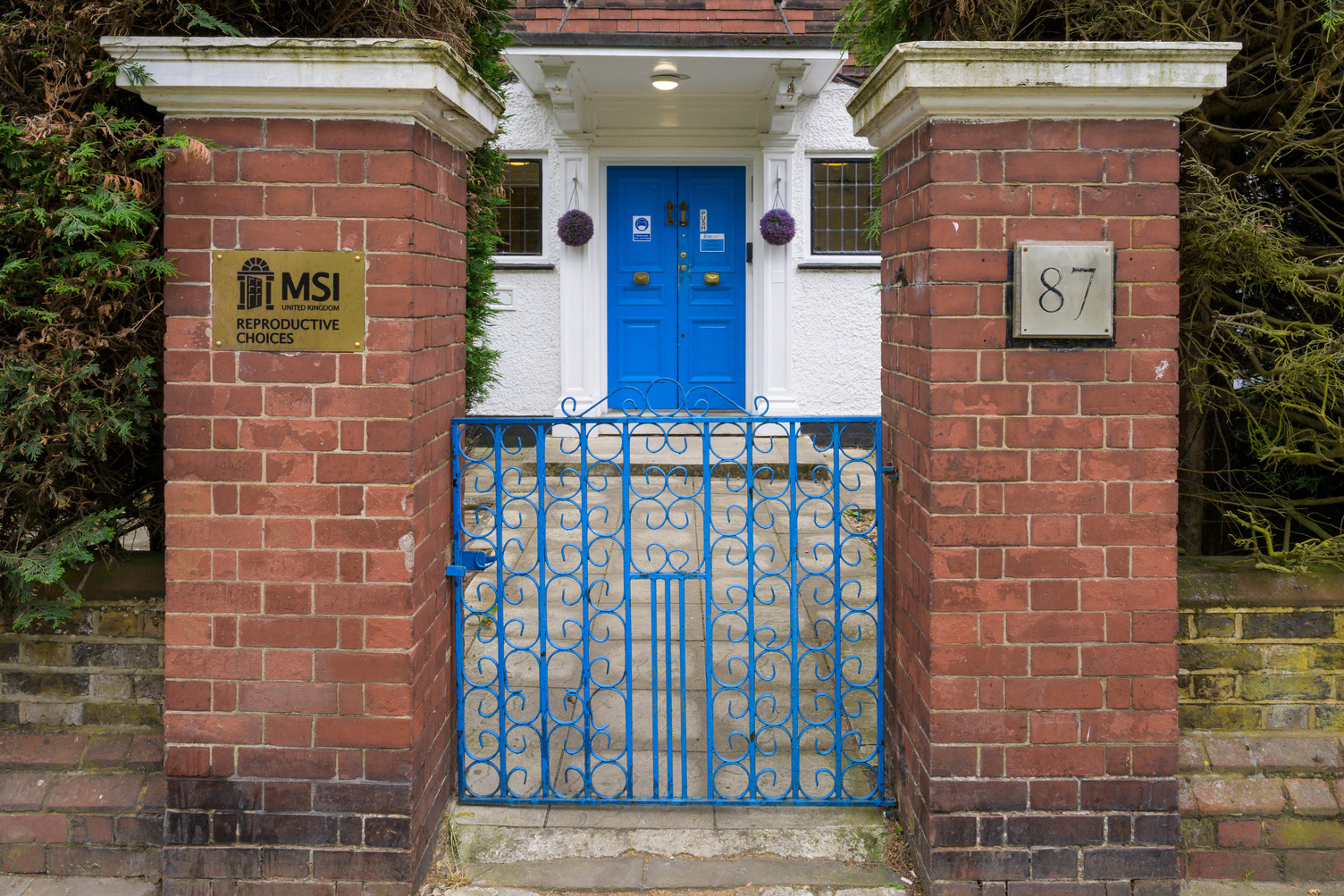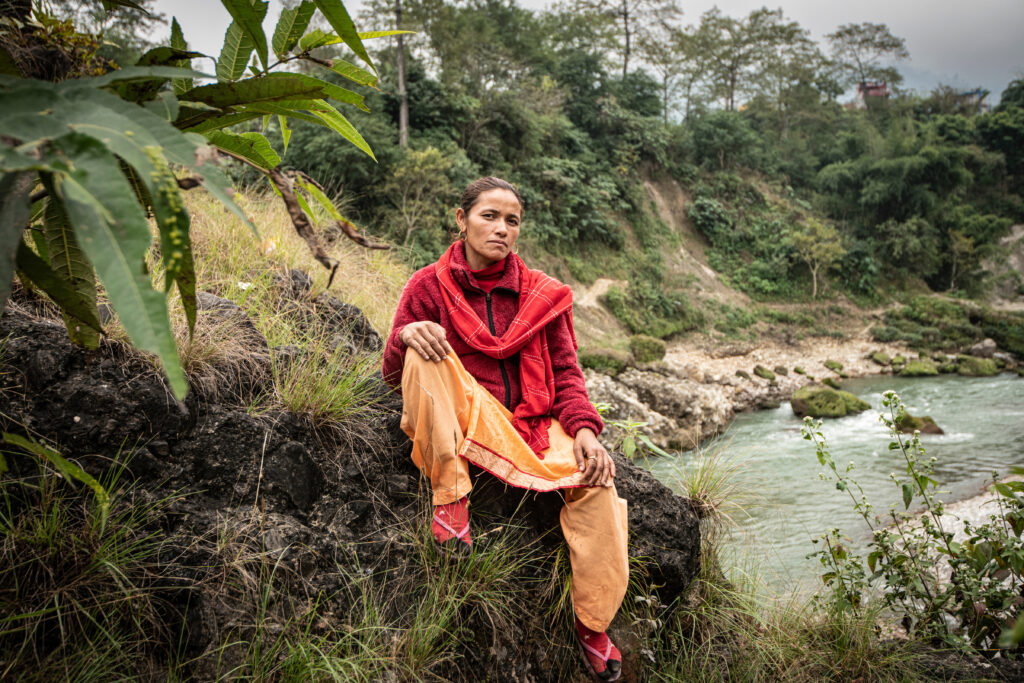
In the year 2030, there could be 43 million unsafe abortions (the estimated trajectory) or there could be zero—if we act now. A world free of unsafe abortion is not just a vision. It’s an achievable goal. One that MSI’s teams around the world take seriously.
Our country teams and partners have the privilege of expanding abortion access in new and innovative ways and seeing these approaches play out in real time. In our new report Abortion Care: Frontline to Future, we share what we’ve learned from providing abortion across the globe.
At its heart are real examples of innovative ways our teams are reaching people with life-changing abortion care. Here are five of the most impactful:
1. Abortion care under the same roof as maternity & primary healthcare
If we’re to end unsafe abortion, abortion care needs to be available in as many places as possible—not confined to abortion clinics. By integrating abortion deeply into healthcare systems, we normalise it and make it more available in the long term.
Partnering with governments, we’re working to build abortion care into primary healthcare and community-based health programmes so that people can access an abortion at the same place that they can receive contraceptive counselling, be screened for STIs or cervical cancer, have their family members vaccinated, or go for other health check-ups.
Maternity hospitals play an important role, too. They have surgical capacity and 24/7 support. Offering abortion care at a maternity clinic requires us to be thoughtful around designing services for a good client experience, for example by having separate areas for maternity vs abortion care. We know the demand is there: MSI’s maternity hospitals in countries like Ethiopia are delivering twice the number of abortion and post-abortion care services than our clinics.
2. Hiking and sleepovers—unlikely ways to expand abortion access
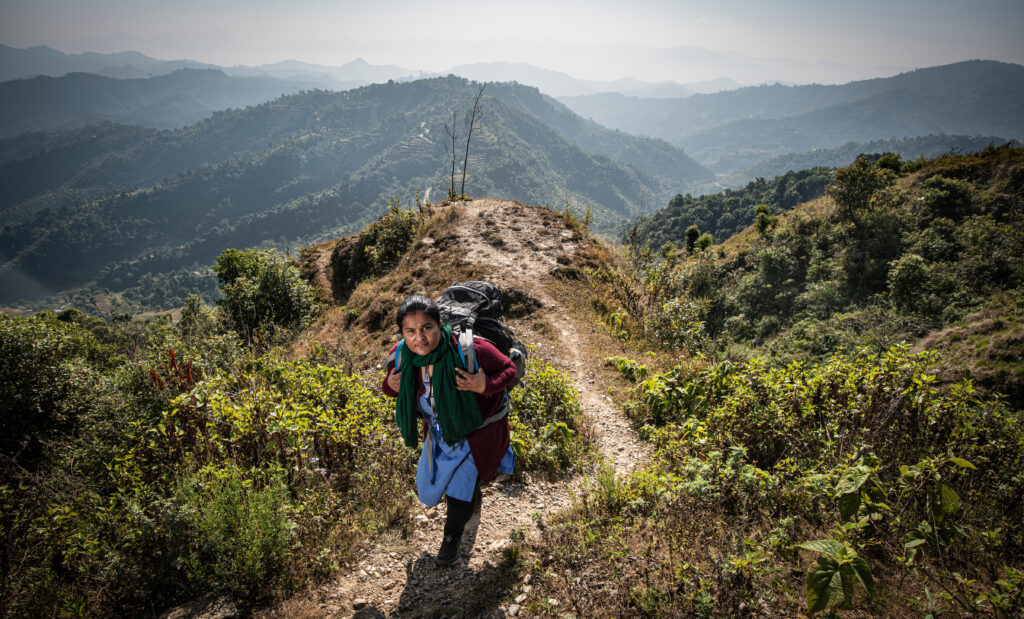
Scaling mountains. Sleepovers. These aren’t just pastimes—they’re innovative ways our teams are delivering abortion care.
Community-based nurses and midwives (called MSI Ladies) are trained to create awareness and provide abortion care to women in their homes or local facilities. In Nepal, they don backpacks of supplies to hike for sometimes two or three days to provide early medical abortion in extremely remote communities, where people are often living in poverty and have limited or no other options.
Meanwhile, across countries in Africa and Asia, our mobile outreach teams are travelling to rural places to provide care. Through outreach, we’ve provided abortion services for over 100,000 women in the past five years, in areas where it wasn’t previously available.
At some of these healthcare sites, MSI teams have implemented ‘sleepovers’, where a team of healthcare providers remain overnight so women who are unable to come during daylight hours (for example because of work, childcare obligations, or because they don’t want to be seen) can access the abortion care they need.
3. Crowding out unsafe abortion pills
For many people seeking an abortion in low- and middle-income countries, a pharmacy is the first port of call—they’re affordable, convenient, and confidential. But the abortion pills they find at their local pharmacy may be sub-standard, unregulated and unsafe. In Nepal, a study found almost 80% of medical abortion pills are low quality.
We’re crowding out these dangerous products by expanding access to quality World Health Organization-approved medical abortion pills through our social business arm, as well as by advocating for better regulation.
Part of making a product safe is the packaging and information that comes with it. One study found product inserts often lack adequate information. MSI’s reproductive health products have user-friendly packaging and instructions that signpost to MSI’s toll-free contact centres and other support.
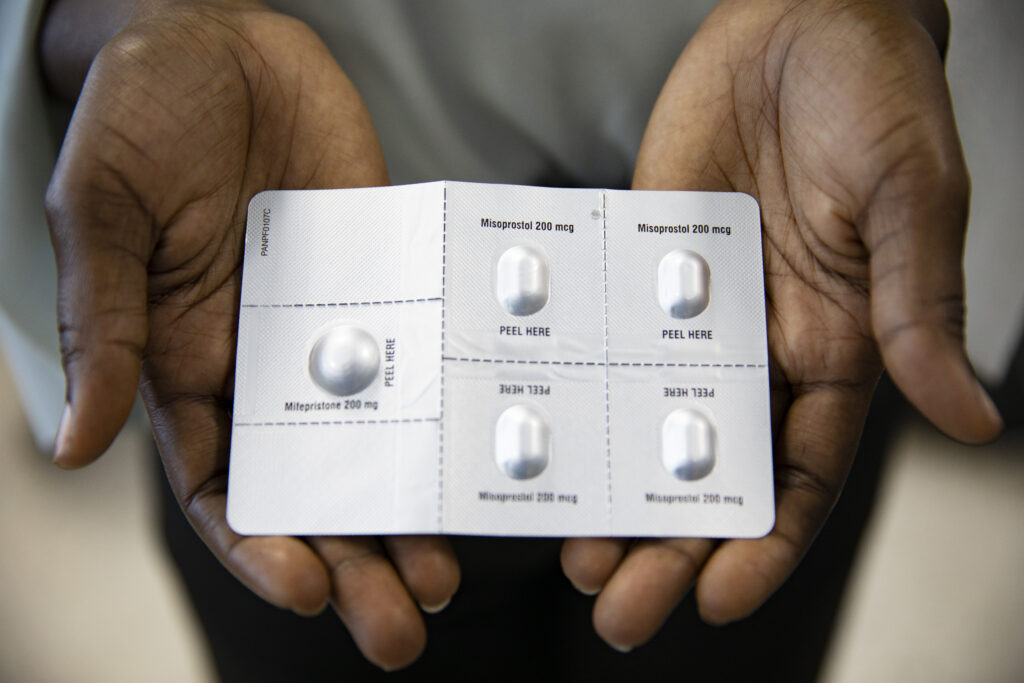
4. Whisper networks—the incredible power of word of mouth
What are my legal rights when it comes to abortion? What are my options? Where can I get an abortion? Many people don’t have the answers to these questions. If fact, less than 50% of women reportedly know what their national abortion laws allow.
We must increase people’s knowledge of abortion. One way we’re doing this in communities across sub-Saharan Africa is through ‘whisper campaigns’. While we continue to break down the stigma surrounding abortion, women need information now. And the most common way they’re getting it is from their friends and family. 3 in 4 of our abortion clients found us through word of mouth.
We support these whisper networks in two important ways. First, by providing guidance to people accessing our abortion services on how they can refer others who need support in the future. And second, by employing trusted individuals as ‘Community-based Mobilisers’, training them to create awareness of reproductive healthcare, its benefits, and where to access it.
5. Send us a WhatsApp—the digital future of abortion care
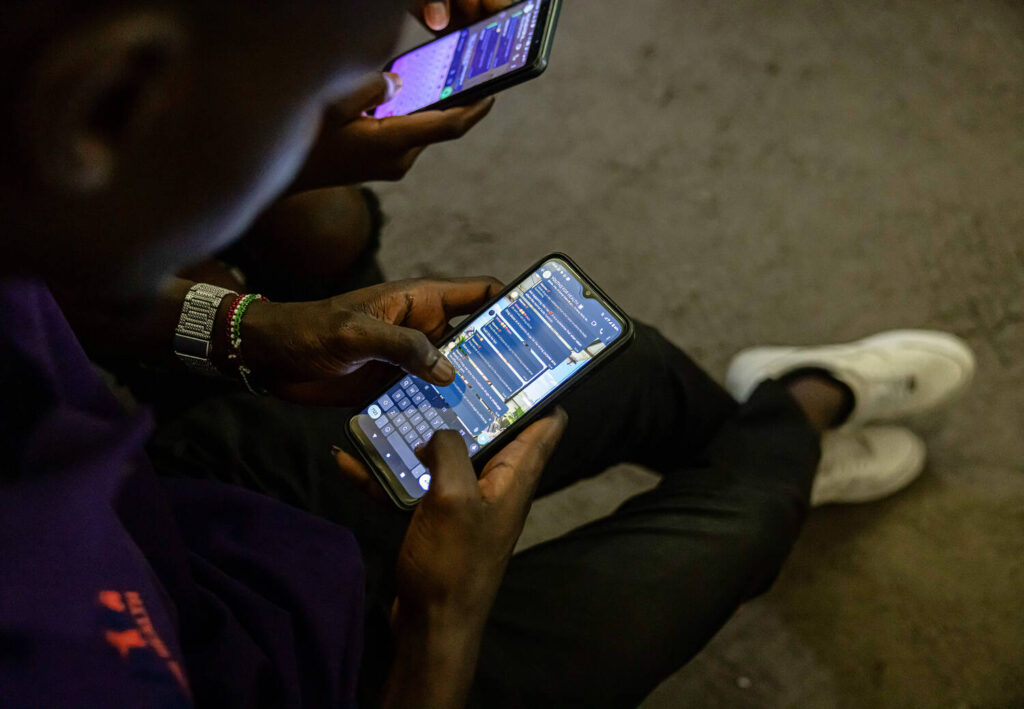
Mobile phones may seem like old news, but you might not know about the significant knock-on effect they’ve had on abortion. We’ve seen a huge growth in the number of people who own phones and who want information on abortion via the likes of WhatsApp and YouTube.
To respond to the growing appetite for digital information, MSI’s contact centres across the world have been harnessing technology to provide free sexual health advice and referrals to abortion services over the phone, text and social media messaging. Digital health solutions, used thoughtfully and safely, are enabling women to access faster and better information discretely and on their terms.
Our new abortion report doesn’t just look backwards at what we’ve been doing—it charts a course for building a different future. One where everyone has access to comprehensive, stigma-free, and high-quality abortion care. Where everyone has a choice.
In 2030, everyone will be able to access safe, high-quality abortion care. That’s what finishing the abortion revolution looks like—and we can do it together.






